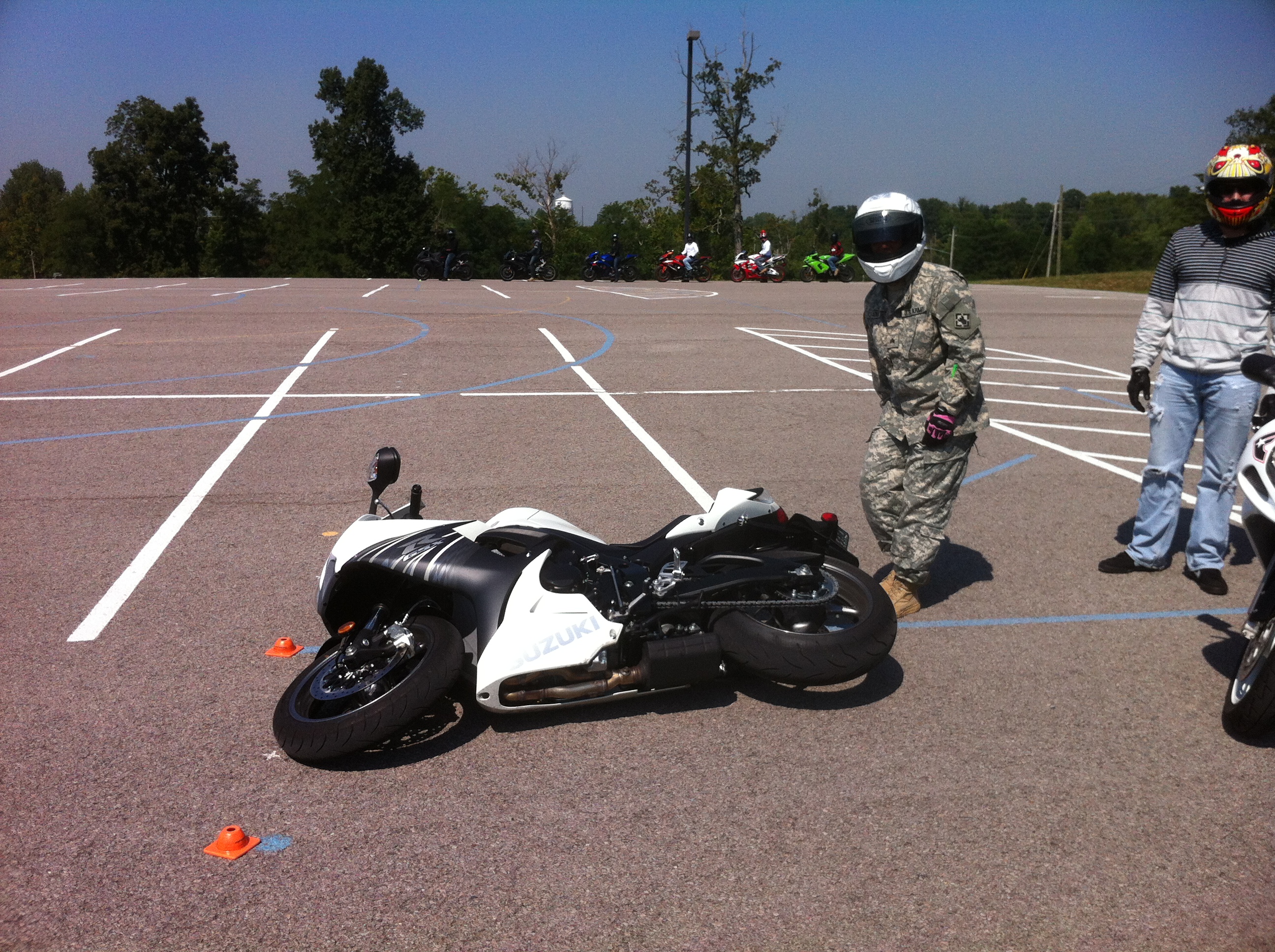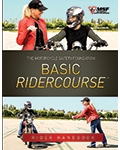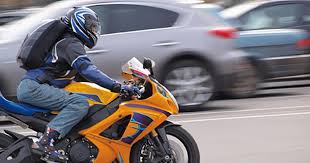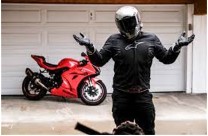By Dr. Donald L. Green, 8 February 2022
No kidding, here I am sitting down to read multiple incident reports from the same class, and it strikes me, I have been missing something here. I am probably reading too much into the situation, but I must get this thought out, so here we go. Are you ready? This could go someplace neither of us wants it to.
We ask a lot of students. We only need to go to page one of the MSF Rider Handbook and have students read the page out loud to each other. There is a lot to take in; however, that one page sets the stage for the course, what is best for most, not all. The statements provide the framework for a successful RiderCourse. But do we all feel comfortable acknowledging our part in the process?
What if we applied similar ideas and thoughts to ourselves as RiderCoaches as we do for the students? Perhaps you may want more context before answering the question. Ok, here we go. During classroom activities and range activities, I hope we emphasize that riding is all about the eyes and mind than the hands and feet. Let’s face it, research over the past two decades has found an overemphasis on motor skills to be one of the failings of rider education. It is a necessary part, but not everything.
We do what we know, it’s comfortable, and what others do. It’s hard to change a culture, yet we focus more on the exercises without equally emphasizing the behavioral aspects and using the key terminology from the classroom. I know I am generalizing, but giving too much “higher level” information in an introductory course can overwhelm someone who isn’t getting what they need in the basics of motor skill development or the behavioral components. Students must grasp the amount of judgment it takes to ride on the street as much as they understand how to use a brake and stop — a basic understanding.
Commonly, we focus so much on how to manipulate the controls we miss or underemphasize the need for good judgment, using our eyes and mind, and lowering our riding risk. Of course, it is never just one thing; multiple factors include shortened timelines, different emphasis on the level to pass or fail, changing everyday experiences, wanting to learn at home, and different perspectives of what works and doesn’t.
Perhaps we can frame it another way? We continually expect students to expand their knowledge to reduce their risk and the possibility of crashing. Yet we still accept multiple and consistent incidents on a safety and learning range as just part of doing business. I know this is controversial. But aren’t we, as subject matter experts, able to diagnose problems before they happen? Observing our students and analyzing their issues before they become too unsafe or cause an incident? I expressed a lot about the expectations of students, but what are our expectations for ourselves?
I do not expect perfection. That would be missing a huge point. I do believe we can do better than we are, and I hope we can acknowledge that as a community. I think the road to zero is a lofty goal, but the progression towards zero is essential. Likewise, accepting multiple incidents when we are considered the “rider safety” folks during a typical day at work seems unbelievably unacceptable. Can we do a better job at predicting student behavior? Isn’t that our job? Ok – off my soapbox – what do you think?










